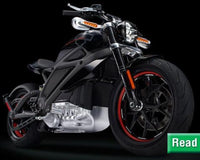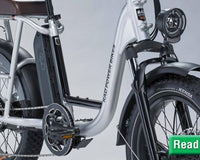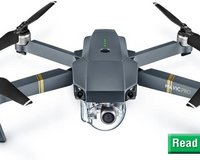- Solar batteries allow you to store energy from your solar system during the day
Solar batteries allow you to stores energy generated by their solar panels system during the day, so it is available when there is no sun. Batteries store the excess energy produced during the day, which then is used at night or peak times when buying from the grid is more expensive; this also allows the owner to save money on the bills and create some independence from the grid system. Simultaneously, you can also, with some add-ons, have protection in case of a blackout. In this scenario, you have to use a hybrid system that isolates your installation from the primary grid.
- There are different types of batteries used in Solar Electric Systems
A brief overview of the different types that may be used in solar electric and backup power system:
LEAD ACID
The standard automobile batteries in which the electrodes are grids of metallic lead-containing lead oxides change in composition during charging and discharging. The electrolyte is diluted sulfuric acid. Some industrial-type batteries can last as long as 20 years with reasonable care. Even standard deep cycle batteries, such as the golf car type, should last 3-5 years; intermediate batteries of some good brands last seven to 12 years.
The best lead-acid batteries to be used are deep cycle one. This type of battery is designed to handle prolonged, repeated, and deep discharges typical in a solar energy system that works off-grid. However, the best way to prolong the batteries' life is not to let them discharges below 80 % of the charge, in the worst case, no more than 50 % of the total charge.
The more significant plus on the lead-acid batteries is the lowest price than the Lithium type battery. In most scenarios, the Lithium battery is much better. However, in cases of small off-grid systems that are not used regularly, the less expensive lead-acid battery can be used instead. There are some excellent brands for a deep cycle with new technologies that can do a great job, deep-cycle-batteries.
LITHIUM
Lithium batteries have many advantages over traditional battery types. They have an extremely long cycle life and high discharge and recharge rates. Lithium-ion battery technology has been well proven to have a significantly higher energy density than lead acid batteries. This means that more energy can be stored in a lithium-ion battery using the same physical space. Because you can keep more energy with lithium-ion technology, you can discharge more energy and power more appliances for more extended periods. This biggest con with lithium batteries is the high cost initially, but you will see that for an extended period are cheaper because of the higher energy efficiency and a long life expectance( more than 4000 cycles).
The Tesla Powerwall 2 has proven to be one of the most popular lithium solar batteries, with a large 13.5kWh storage capacity. Powerwall also offers a 10-year warranty.

If you are concerned about blackouts, then Tesla powerwall 2 is the way to go. It is the best one for providing blackout protection.
- About the size of your battery
The size of the battery that is suited for you will depend on your energy usage and solar system. By checking out your electricity bill, you will identify your consumption and compared it to your PV system generation, and you will be able to recognize the battery recommendation. Remember, this is very important to run your house as efficiently as possible.
It will also depend if you want to live off the grid or have some peak time independence when grid electricity is more expensive. That will let you know the size of your Solar system and the sizing of the batteries. With the broad battery capacities and systems available, it is easy to set up a plan to make your house run as efficiently as possible. Wholesalesolar off-grid-packages












